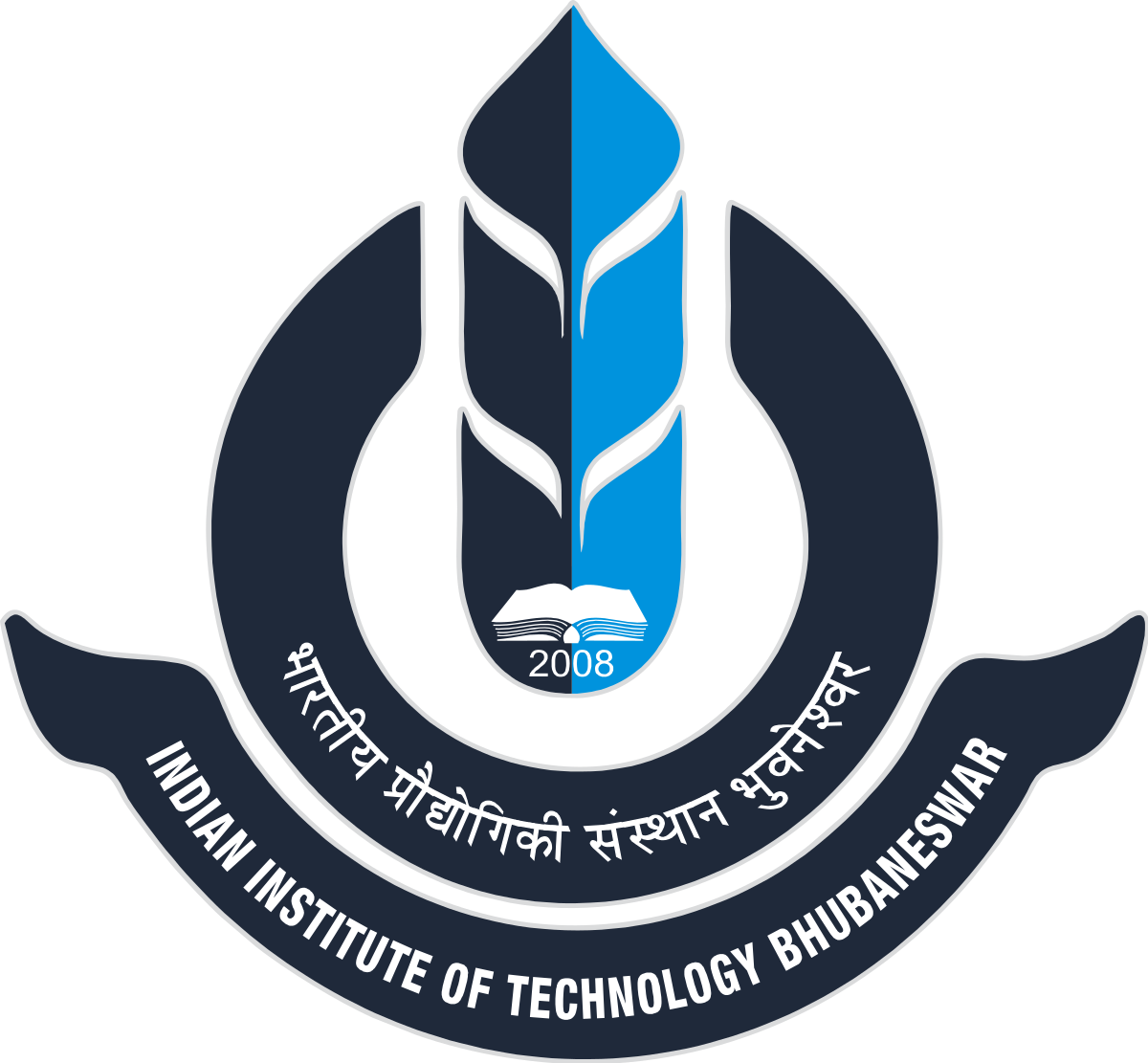Research Areas
The current research work of Mathematics Department is focused on the following major areas:
Algebra: Computational Commutative Algebra and Algebraic Combinatorics: Extending Froberg’s theorem to clutters and higher degree ideals and uncovering broader algebraic-combinatorial connections; Group and Representation theory: Quasi permutation representations and rational representations of finite p groups, Supercharacter theory of finite groups; Algebraic Geometry and Valuation Theory: Studying classical resolution type algebraic-geometric problems locally through valuations, Investigating extensions of valuations and the relevant ramification theory, Conditions for eliminating tame and wild ramification.
Number Theory: Analytic and arithmetic theory of certain special classes of automorphic forms, Studying distribution of number of rational points of algebraic varieties over random finite fields, Asymptotic behaviour of some families of hypergeometric functions and exponential sums.
Combinatorial Matrix Theory and Spectral Graph Theory: Eigenvalues of integer matrices; Spectra of graphs and multidigraphs, Graph operations and products, Algebraic connectivity, Smallest positive eigenvalue and related topics; Applications to complex networks.
Algorithms and Complexity: Parameterized Complexity, Design and Analysis of Algorithms, Graph Algorithms, Exact Algorithms, Satisfiability Problems
Applied Functional Analysis and Operator Theory: Analysis of elliptic PDEs using functional analytic and topological methods, free boundaries and measure data problems, variational inequalities, complementary problems.
Complex Analysis: Geometric Function Theory, Harmonic mappings in the plane; Several Complex Variables: Kobayashi distance and visibility domains, univalent functions and related areas; Complex Dynamics and Fractals: determining Fatou and Julia sets, investigating the iteration of transcendental functions and rational functions on the Riemann sphere.
Applied Probability Models, Queuing Theory, and Random Matrix Theory: Stochastic Modelling and Simulation, Stochastic Models in Operations Research and their application in Communication systems, Transportation, Manufacturing, Production and Inventory Systems; Spectrum of random centrosymmetric matrices, Continuous-time queuing theory and its applications.
Theoretical and Stochastic analysis of PDEs: Functional analytic and algebraic topological techniques to understand the existence and multiplicity of solutions to linear/nonlinear elliptic PDEs; Nonparametric estimation of differential equations with random noise and finite element analysis for stochastic PDEs and stochastic conservation laws.
Control Theory: Impulse minimization, Index reduction and column regularization for descriptor systems, Deriving necessary and sufficient conditions for the existence of Luenberger observers for descriptor systems with unknown inputs.
Numerical Methods, Soft Computing, Numerical methods for PDEs: Space-time domain decomposition methods for linear and non-linear problems.
Computational Fluid Dynamics: Numerical methods for PDEs and computational fluid dynamics, Studying Taylor column phenomenon and its heat transfer characteristics.

